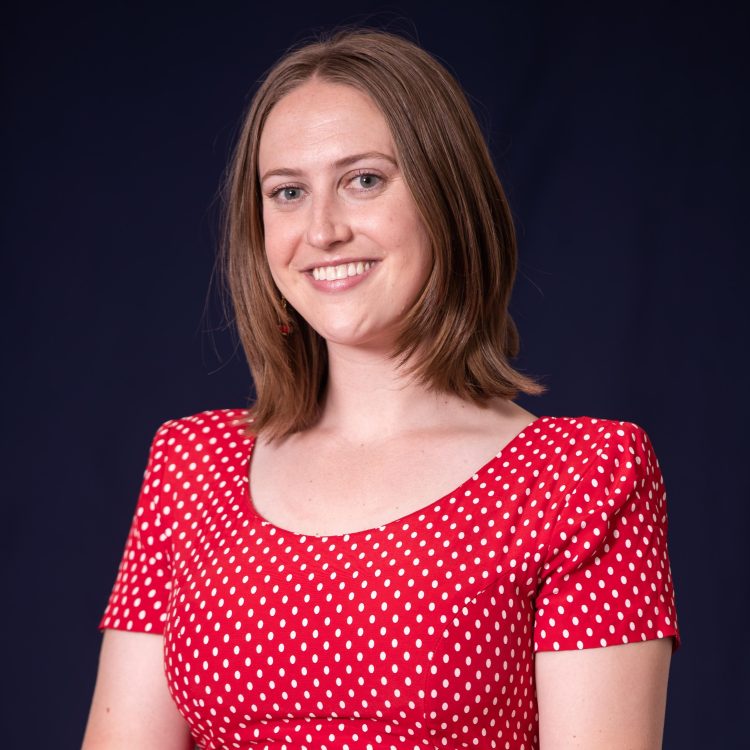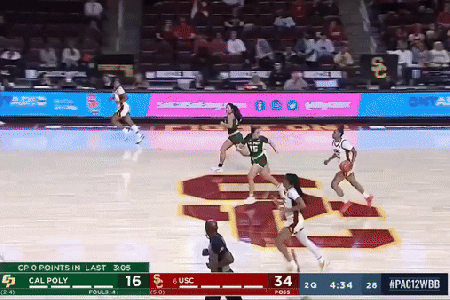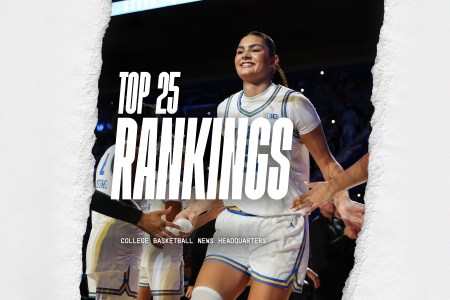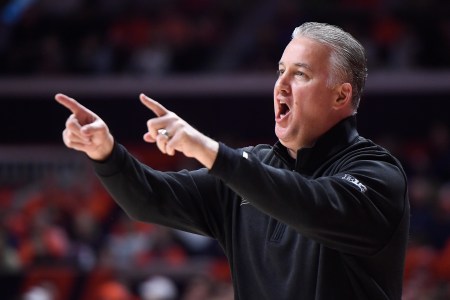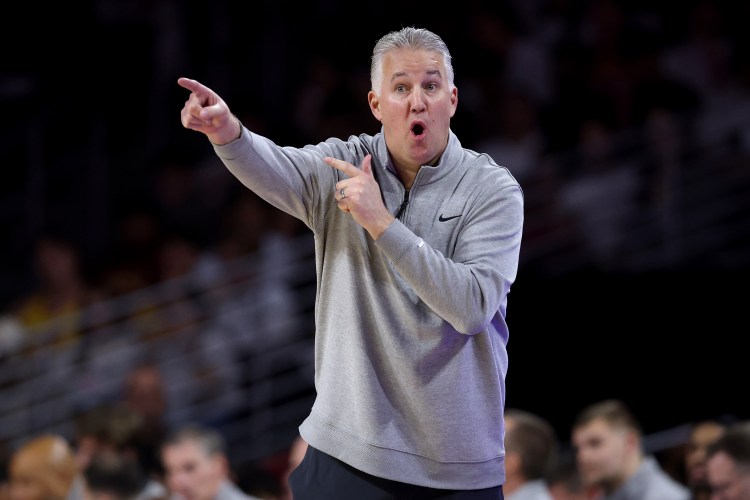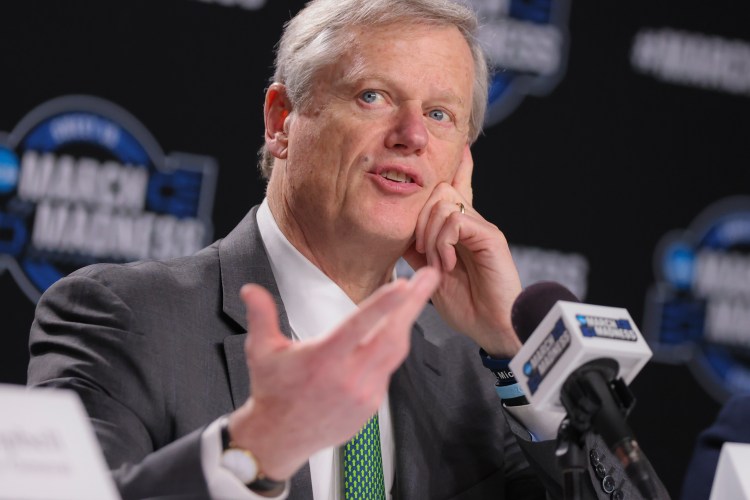Kelly Graves has trained a lot of point guards during his coaching career. At Saint Mary’s, he had JR Payne, who now coaches at Colorado. At Gonzaga, it was Courtney Vandersloot, who is regarded as one of the WNBA’s top point guards. And at Oregon he had Sabrina Ionescu, the sharp-shooter who battled Steph Curry in a three-point contest and just led New York to its first WNBA title.
Graves is entering his 11th season at Oregon, and he is by far the most successful women’s basketball coach the school has ever had. In many ways, however, it feels like another new program. That’s because last year wasn’t typical for a Graves-coached roster. The season before wasn’t typical, either. Nor was the slew of transfers, including several five-star prospects, over the last few years. That means for the first time in a long time — maybe ever — Graves is entering a season with real questions to answer about the state of his program.
Given his track record, he has reason to project confidence. “I didn’t get suddenly dumber over one year,” he tells Hoops HQ. “I still know that I can do this.”
Graves hopes Oregon’s move to the Big Ten will offer a reset. “It feels like turning a page,” he says. Once again, he will rely on a point guard to deliver an assist. After four years at North Carolina, Deja Kelly wants to prove she can be a pro, and Graves can help her do it. Graves, meanwhile, wants to get Oregon back on track and hopes Kelly can help him do that.
It’s a brand new season, a brand new partnership and a brand new chapter. They need each other to make this work.
Graves has one big regret in his coaching career, one that he couldn’t have changed, even if he wanted to. And he really, really wanted to.
The 2019-2020 season was supposed to be Oregon’s year. The Ducks had Final Four experience after losing to Baylor in 2018-2019 and a talented roster that featured Ionescu, Satou Sabally and Ruthy Hebard. Instead, because of COVID-19, their season was cut short right before the start of the NCAA Tournament.
“The team never had any closure,” Graves says. “I still have a hole in my heart, not personally, though I think it does change the perception of a coach if you have a National Championship under your belt,” he said. “But I was just heartbroken for the kids.”
That kind of team was probably once in a lifetime, but Graves hit the recruiting trail hard, attempting to make that level of talent the norm for his program. He added five five-star players to his roster for the next season. The Ducks appeared to be on top of the college basketball world.
Oregon made it to the Sweet Sixteen that year, a promising start for the new crew of Ducks. The next season was up-and-down, and ended with a disappointing upset to 12th seeded Belmont in the first round of the NCAA Tournament. By the time the 2022-23 campaign began, four of those five-star recruits had transferred.
“That’s something I don’t take personally,” Graves says. “Because I don’t think kids now just leave because of the coach. That’s one of the reasons sometimes, but often they just leave to leave….We had a little complacency coming off that great Sabrina, Satou, Ruthy run. Recruiting-wise, we thought that was going to be the next generation, and little by little they left the program, and we haven’t retooled.”
After going 11-21 and losing in the first round of the Pac-12 Tournament, Graves found himself on the podium addressing a group of reporters about whether or not he could turn the program around. It had only been two years without an NCAA Tournament performance. After finishing the year 13th in the NET rankings in 2023, the team had a case for a bid. The roster was young and injured in 2024, but the season ended with a 14-game losing streak. That, plus the mass exodus of top recruits over the last few seasons, caused some chatter that the program might be on the downswing. Graves did his best to tune it out. “I knew there were people talking, but I don’t pay attention to them,” he says. “The people in my administration support me.”
My Day With Rick Pitino: Get Up, Show Up, Try to Keep Up
The Hall of Fame coach, now 72 and in his second season at St. John’s, hasn’t slowed one bit
Graves has reason to ignore the doubters. He has been here before. When Graves took over at St. Mary’s in 1997, the team was mediocre. By the time he left, the Gaels had earned their first conference tournament championship and first NCAA Tournament appearance. He did even better at Gonzaga, coaching for 14 years and leading the team to its first Elite Eight in 2011 with Vandersloot playing point guard.
When Graves took the Oregon job in 2014, he found it was easier to convince players to come to the Pac-12. He landed Ionescu in his third season.
Graves is entering his 11th season at Oregon. During his tenure, the Ducks have gone to four Sweet Sixteens, three Elite Eights and one Final Four. Before Graves, they’d never made it out of the second round. “Look at my track record. Look at my career,” he says. “Look at the championships that we’ve won and the program that we’ve had … I’m a positive person by nature, and I feel that we can get it back. In this day and age with a lot of player movement, I think there’s help to be found as well.”
After all the transfers, Graves went after the help he needed. Two months later, Deja Kelly announced her decision to play her final season at Oregon. Kelly came into college as the No. 10 player in her class, making an instant impact at North Carolina. As a sophomore, Kelly led the Tar Heels in scoring with 16.3 points per game. From then on, every top-25 players list had her name on it and every defensive scouting report focused on her.
But there were weaknesses, too. As Kelly’s usage went up, her scoring did not. Her shooting percentages dropped and her turnovers increased. Kelly won a lot of games for North Carolina — even leading them to a Sweet Sixteen in 2022 — but she wasn’t improving in the ways she wanted to.
Playing in the WNBA has always been the goal for Kelly. She grew up watching Skylar Diggins-Smith and wanted to be just like her. So with one season of eligibility left, Kelly had to make a choice. She knew she couldn’t reach her goals at UNC. It was time to move on. After North Carolina’s season ended in a second-round loss to South Carolina, she finished out the school year without announcing anything. All the while, she was plotting her next move.
“I really wanted to lock in and figure out my next steps,” Kelly says. “I like to think things through, be thorough. The decisions that I make are strategic. There were so many options in front of me, but I knew I needed to look internally, and ask myself what Deja needed.”
From the first time she talked with Graves, Kelly felt they would be a good fit. He treated her like the other elite point guards he’s coached and instilled a confidence that she would need to head up the Ducks’ offense. “He needed me to be the alpha, and ultimately gave me the keys to lead this team,” she says.
The biggest criticisms of Kelly have always been her shooting numbers, particularly from long range. During her junior and senior seasons at UNC, Kelly shot 28% from beyond the arc. In order to make it in the WNBA, Kelly knows she needs to improve her overall efficiency. In her best year as a Tar Heel, she shot just 37.3% from the field.
“In (Graves’) system, there is a lot more space, there are a lot more playmakers around here,” she says. “So I think it allows for a different ballgame and allows me to work on my consistency.”
When Kelly watched Ionescu and Vandersloot win a WNBA championship, it added another level of confidence in her decision. She wants to be on that stage someday, so to see two Graves-coached point guards thriving at the highest level means something. He knows how to create WNBA point guards. And Graves thinks Kelly fits the bill.
Since Kelly arrived at Oregon, Graves says he’s talked with “a third of the league” on her behalf, so he has an exact outline of what she needs to do. And when he looks at his new point guard, Graves sees a lot of the same things he saw in Ionescu and Vanderlsoot.
“She has the same intangibles that those others had,” he says. “She’s competitive, she’s tough. She has a high basketball IQ. She’s a hard worker and she’s coachable. Now it’s just about refining some of the finer points.”
The recent spate of transfers has led Graves to do some soul-searching. He understands he needs to adapt, but his core beliefs remain intact. “I’ve always felt that I treat kids right,” he says. “We treat basketball as something they do, not as who they are.”
Anyone who has played for Graves knows it’s not easy. He makes basketball fun, but he also understands that the game is hard, and a hard game calls for hard coaching. “Some kids never understand that,” he says. “They can’t figure it out. ‘How can he be nice off the court and tough on it?’ Those that get it, get it.”
Kelly gets it. It’s what she wants and what she needs. She wants Graves to coach her in the same way he did Payne, Vandersloot and Ionescu. She needs to be coached like them to be like them.
Every time former player and current Southern Utah coach Tracy Mason talks to Graves about his teams, she knows how the conversation is going to go. “He’s the ultimate sandbagger,” she says with a laugh. This fall, however, Graves has been a little more willing to hype up his Ducks. “I’m excited. There is a great vibe around the team right now,” he says. “We’ve got veterans, we’ve got experience, we’ve got players who’ve been around the block. We’ve got hungry ones, we’ve got a couple of really excellent freshmen, and six returners, which in this day and age is a decent number.”
New team, new point guard, new conference, new mindset. This season is different.
It has to be.



